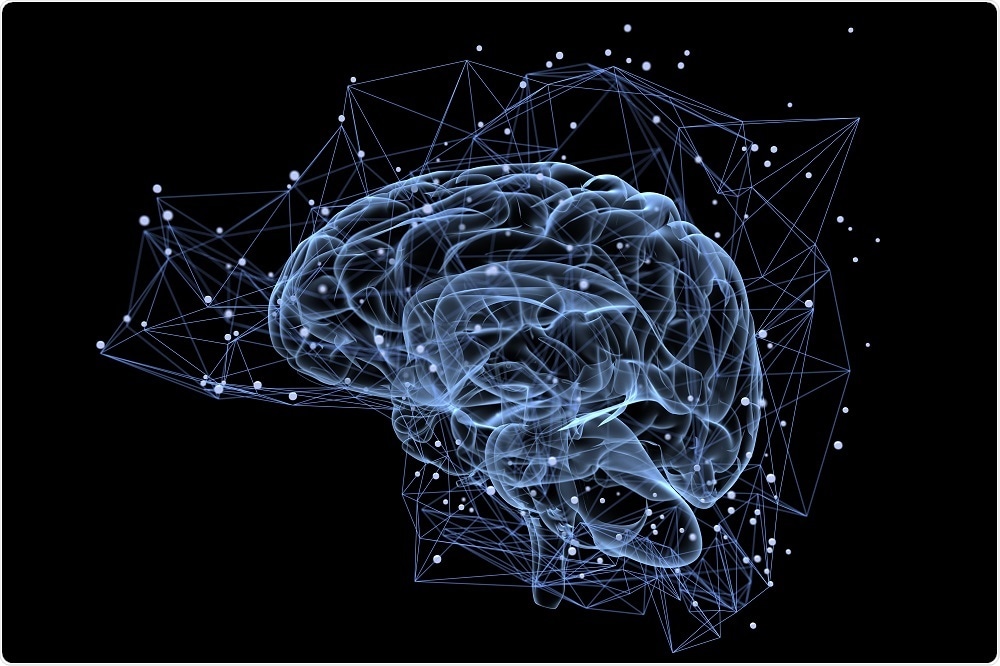In Ted Chiang’s “Understand”, the protagonist, Leon takes a new hormone therapy (hormone K therapy) to regenerate neurons after an accident rendered him in a vegetative state. Leon regains consciousness and subsequently gains extreme intelligence and extraordinary motor skills. With his new superhuman abilities, Leon evades the pursuit of the US government and becomes enraptured with finding new Gestalt patterns in the universe. Conflict arises when Leon is sent a message by another superhuman that was given hormone K. The two eventually come into contact and a battle of superhuman ability ensues.
Although, I enjoyed Chiang’s short story/novelette, I disagreed with the science of how hormone K endowed great intelligence onto Leon. Chiang explains how hormone K increases the number of synapses and, thus, the critical mass of the brain. Individuals are then able to use their new synapses and neural connections to their “fullest extent”, so they are able to increase their intelligence. However, the concept of Hebbian plasticity makes me doubt individuals would be able to use their new synapses to their “fullest extent”.







